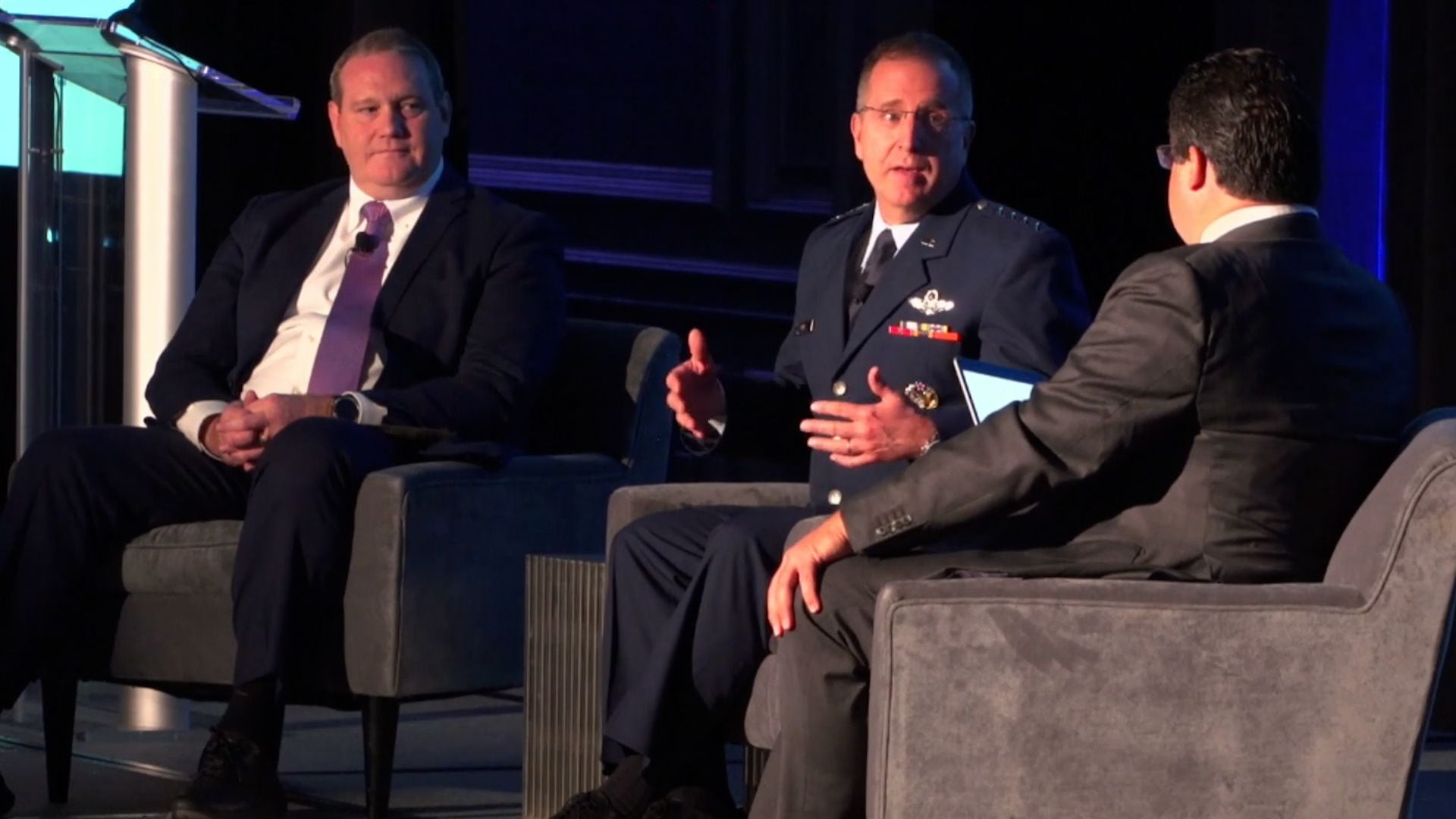Egyptian President Abdel-Fattah al-Sisi was the first Arab leader to call and congratulate US President-elect Donald Trump, and others throughout the region quickly followed suit, offering hopes of closer ties than those frayed by eight years of President Barack Obama.
"Under a Trump administration, the United States of America will be a loyal friend, not simply an ally, that Egypt can count on in the days and years ahead," Sisi noted in a statement published by the presidential palace.
From Egypt – where Obama very early in his first term promised to reset relations with the Arab world – to Saudi Arabia and the Gulf states, Sunni leaders expressed hopes for closer cooperation with the man who maligned Muslims on the campaign trail, yet also pledged to put the squeeze on their Shiite adversary in Iran.
Even from the Shiite Alawite capital of Damascus, whose allies Iran, Hizbollah and especially Russia have fortified Syrian President Bashar al-Assad's hold on power despite six-and-a-half-years of bloodthirsty civil war, Trump's upset victory came as "a nice surprise," according to Waddah Abaed Rabbo, editor-in-chief of the pro-regime daily Al-Watan.
"It is time for the policies of the United States to change and stop being hostage to the catastrophic wishes of the Gulf countries, which have destroyed several countries in the region," he wrote.
In Israel, Prime Minister Benjamin Netanyahu congratulated "my friend" Donald Trump on his election, as did his hardline Defense Minister Avigdor Liberman, who blessed Trump's "big success."
"President-elect Trump is a true friend of the State of Israel, and I look forward to working with him to advance security, stability and peace in our region," said Netanyahu in printed and video remarks widely disseminated by his office.
Like Liberman, Netanyahu spoke about the "ironclad bond" between the US and Israel, which they hoped to preserve and strengthen under Trump.
"President-elect Trump and I will continue to strengthen the unique alliance between our two countries and bring it to ever greater heights," said Netanyahu.
Perhaps the most extreme congratulatory note in Israel came from Naftali Bennett, leader of an ultra-nationalist party in Netanyahu's coalition government. "The era of the Palestinian State is over," Bennett declared on Wednesday morning. Trump's victory, said the Israeli-born son of American immigrants, "offers Israel a tremendous opportunity to announce that it changes its mind regarding establishing a State of Palestine in the heart of our country."
But while hardline leaders and political figures throughout the region eyed the coming administration with optimism, Palestine Authority President Mahmoud Abbas urged the president-elect to pursue a "just peace" based on the two-state solution.
In a statement released Wednesday morning, Abbas' spokesman Nabil Abu Rudeinah noted that the Palestinian leadership would "deal with any president elected by the American people."
And in not so subtly veiled criticism, Tzipi Livni, a former Israeli Foreign Minister and Justice Minister now in the opposition, tweeted her hope "for the US and the world" that Trump "actualizes the promises of his acceptance speech" rather than incendiary promises made on the campaign trail.
"The Trump presidency will quite possibly see potential opportunities to reenergize America's troubled partnerships with traditional allies such as Israel and Saudi Arabia," wrote Perry Cammack of the Washington-based Carnegie Middle East Center.
In a piece entitled "Trump of Arabia?" published on Wednesday, Cammack said both allies "are keen to start off the Trump presidency on a new foot." But he warned that with American disengagement from the region likely to accelerate and the "unpredictability" of Trump likely to materialize, he predicted renewed tensions in those key relationships.
As for Trump's campaign pledges to vanquish the Islamic State group, Cammack warned that the president-elect "will soon discover that bombing the Islamic State to hell is easier said than done." He noted that Trump is likely to end support for the Syrian rebels simultaneously fighting the Islamic State and the Assad regime.
"In short, Trump's victory is wonderful news for Bashar al-Assad, who is responsible for the deaths of hundreds of thousands of Syrians and the displacement of millions more. While a return to the pre-uprising Syrian status quo is inconceivable, it may be possible to imagine a military victory, pyrrhic though it may be, for the Assad regime."
Opall-Rome is Israel bureau chief for Defense News. She has been covering U.S.-Israel strategic cooperation, Mideast security and missile defense since May 1988. She lives north of Tel Aviv. Visit her website at www.opall-rome.com.








